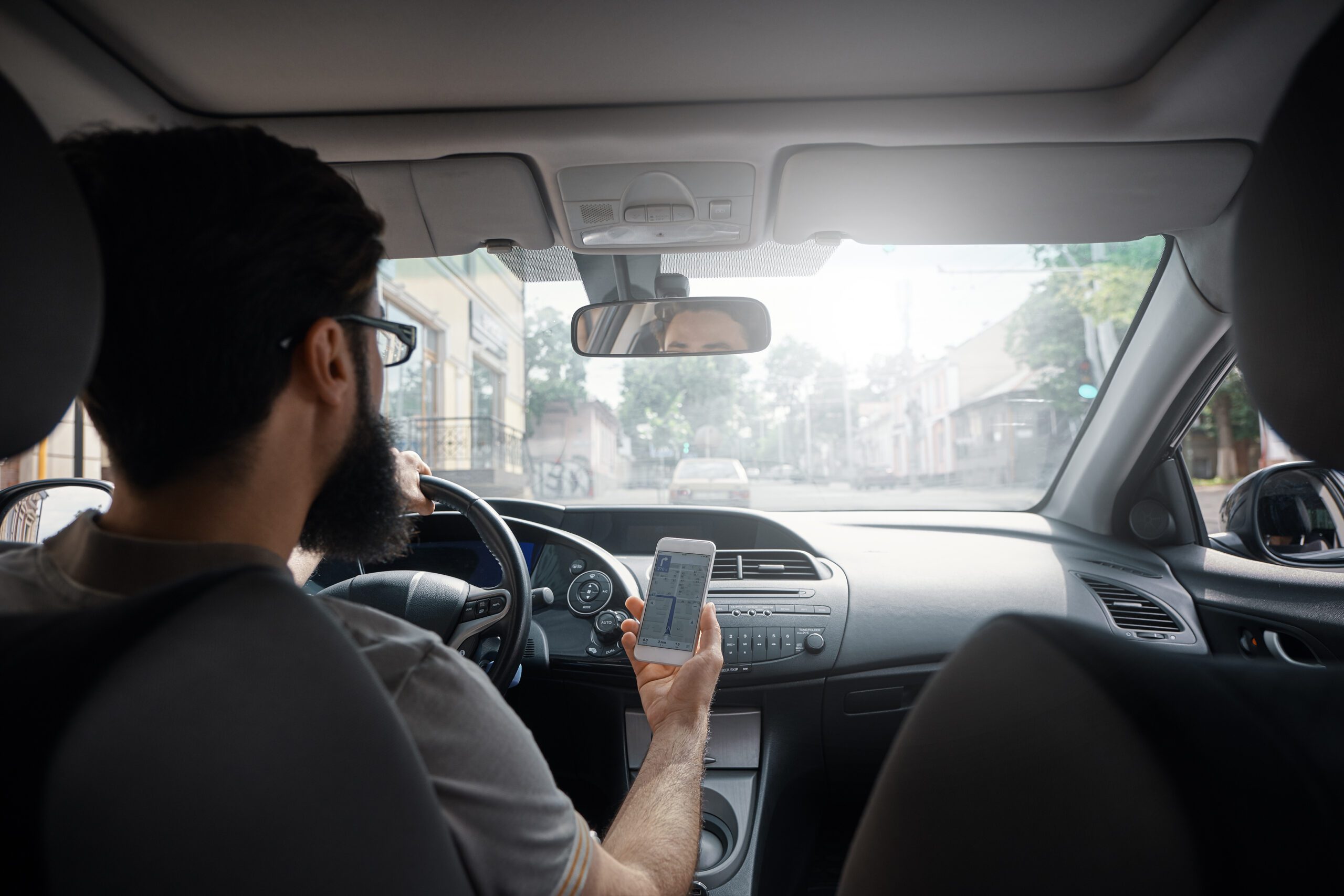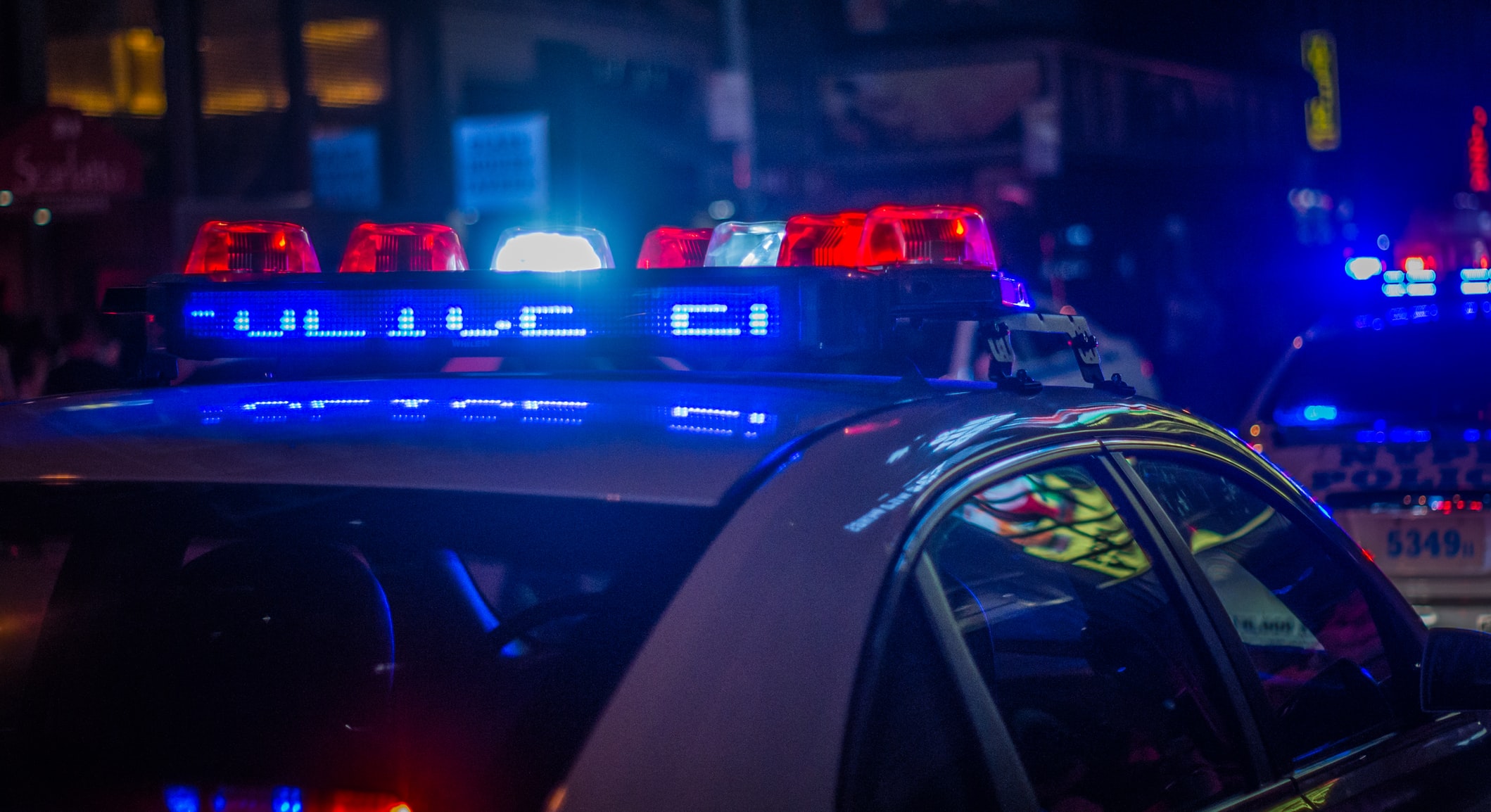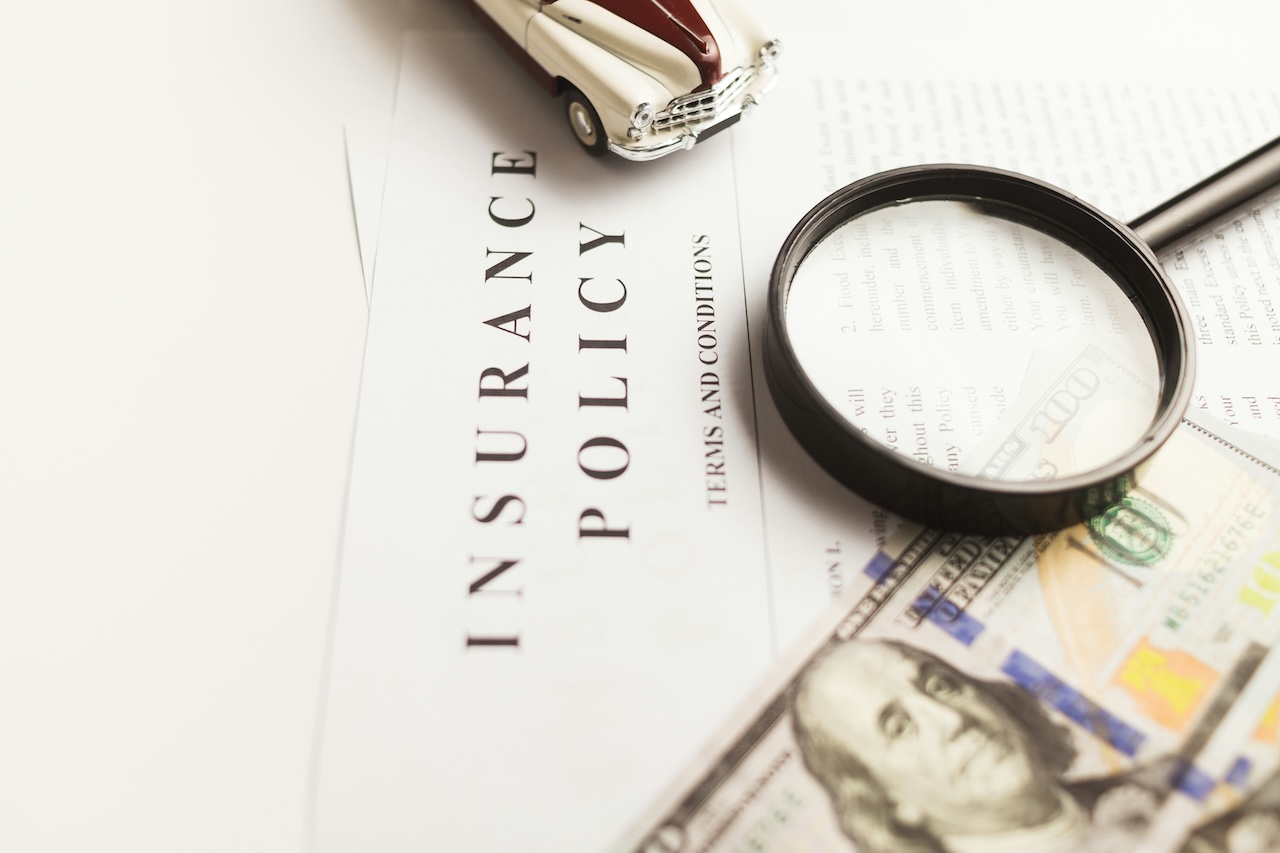“Hang up and drive.” We’ve all seen the bumper stickers, and many have nodded approvingly. But the siren song of our cell phones is strong, even when we’re driving. And it’s not just our phones that are at fault. Drivers should focus on the road alone, but the reality is that many things compete for our attention, even when we’re in the driver’s seat. Drivers are constantly tempted to drive distracted, though it can be dangerous—even deadly.
What Is the Definition of Distracted Driving?
Distracted driving is simply driving when less than 100% of the driver’s attention is on the driving task. This behavior manifests in various forms, such as texting while driving, attempting to eat or retrieve items from the glove compartment while behind the wheel, and even daydreaming. While distracted driving is typical and an easy practice for drivers to fall into, it is nonetheless incredibly dangerous, causing 1.6 million accidents and claiming thousands of lives every year. The Centers for Disease Control and Prevention classifies distracted driving into three main categories:
- Visual. This type of distraction involves a driver taking their eyes off the road for things like gawking at an accident, trying to make out the writing on a billboard or another driver’s bumper sticker, or even looking at things within the car like a phone.
- Manual. A manual distraction means a driver uses his or her hands for something other than driving: eating a burger, digging through a purse or glove compartment, swatting a fly, changing the radio station, or texting on the phone.
- Cognitive. Distractions of the mind and cognitive distractions mean the driver’s thoughts are elsewhere. This can include daydreaming, deep conversations with passengers, singing, or driving while sleepy or intoxicated.
What Happens When You Take a Risk While Driving?
When people drive distracted, they put themselves at risk, and all the passengers in the vehicle with them are also in danger. However, distracted driving does not just endanger the driver and their passengers. It also endangers anyone within range of the vehicle, including drivers and passengers of other cars and, potentially, pedestrians and cyclists. Distracted driving statistics are sobering. In 2021, there were 644 nonoccupants (including cyclists and pedestrians) that were killed by distraction-affected vehicle crashes. Bottom line? A vehicle being piloted by a distracted driver is a multi-ton mobile missile and potentially deadly for everyone involved.
Why Is Texting and Driving Dangerous?
The latest National Highway Traffic Safety Administration fact summary reports that in 2021, there were 3211 fatal vehicle accidents caused, in part, by distracted driving, and 377 (12%) of them involved cell phones. These texting and driving statistics remind us of a familiar fact: we get texts all the time, and it doesn’t stop just because we drive. The temptation to read and respond to texts while driving is strong, but it’s still a terrible idea. Why? Simply because texting while driving encompasses all three types of distracted driving:
- Visual, because the driver looks at the phone, not the road.
- Manual because the driver’s hand is on the phone, not the steering wheel.
- Cognitive because the driver thinks about the text conversation, not the driving task.
What Should You Do in an Accident Involving a Distracted Driver?
In the aftermath of an accident involving a distracted driver, it can be challenging to know what to do. But if possible, do these things first:
- Ensure everyone is safe. If your vehicle is in a high-traffic area, you can attempt to move it to the side of the road. If not, leave it where it is and see if everyone is safe, including those involved in other vehicles.
- Call first responders and the police immediately to report the accident and inform them if you or others are injured.
- Get key information. If possible, get contact information from the other driver(s), take notes and photos of the accident scene and any injuries, and ask witnesses to remain at the scene to report what they saw to the police.
If you are considering legal action against a distracted driver, your best recourse is to seek help from an experienced legal professional as soon as possible. This is especially true in wrongful death suits in Virginia, where you have only two years to make a claim.
If you have been a victim of accidents caused by distracted drivers in Virginia, contact Huffman & Huffman Brothers-in-Law today! Your initial consultation is free and with a distracted driving accident lawyer, not just someone in an intake department like at other personal injury law firms. Together, we can discuss your case and plan a way forward, giving you the peace of mind to focus on healing.
 Text Us
Text Us  Call Us
Call Us 







